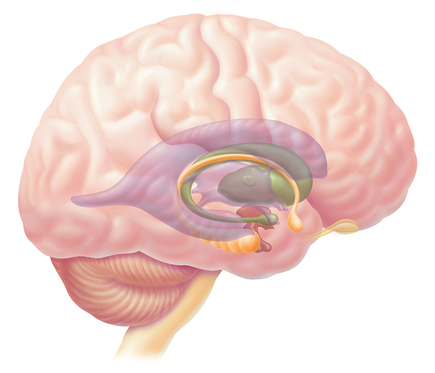| I'm finally starting our series on Immunotherapy. The first thing I want to cover is a very general, quick overview of our immune system. There’s no way I can communicate the complexity of the immune system in one illustration, so, again, I’m going to go broad. Your immune system protects your body from foreign substances that may cause sickness, disease, and/or illness and even death. Specialized cells survey your body for these invaders, and either directly eliminate the invader or mark it to be destroyed by other specialized cells. Furthermore, other specialized cells can “file” these invaders away, as a way of remembering the invader the next time it tries to invade. The subsequent immune response is faster and stronger. Clearly, your immune system is far more complex and amazing than this. But in terms of cancer, the most important thing you need to understand is this idea of something being “foreign,” or “non-self.” Every single cell that makes up you has a distinctive marker that labels itself as specific to you. Anything else that comes into your body does not have that same distinction. Our specialized immune cells can thus identify what is self and what is non-self, or foreign. Now, what do you think happens when your immune cells encounter a cancerous, or tumor cell? Answer, coming soon! |
|
0 Comments
As a final word (for now) about body pump, I wanted to report back some initial impressions gathered in the 6 data points I have thus far, in using my new weight routine. I must note that any discerned difference/s will take many many more data points; this is further hindered by the fact that I only do weight-training once a week.
So, you might be surprised that the image I am pairing with this post is one of a brain. Well, this has been part of my initial (and yes, subjective) findings. Like anything you do, part of your ability to do it is mental. There is also a significant mental component when it comes to behavioral change. My exercise regimen may have been initially motivated by “fear of bathing suit,” but has since evolved into a determined commitment to my health. It didn’t just automatically get there; it further took spending money on a gym membership and the specter of all the genetic ills that may await me (e.g., diabetes, hypertension, high blood pressure and rheumatoid arthritis). Thus far, all science research has consistently shown us is that exercise is truly the magic bullet. So, although I started off exercising regularly for the wrong reasons, I have now internalized that there are much better reasons to do it. It’s amazing how much my mental frame of mind influences how well I do in my gym classes. When I tell myself I am going to power through the last lifting set, I sing along with the refrain until it’s over; with 20 seconds to go in a sprint for spin, I envision the actual numbers counting down; with holding my plank in Pilates, I focus solely on my in and out breaths, not worrying how noisy I am; and with knee repeaters in body step, I say “only 4 more, 3 more, 2 more....” These “distractions” actually help me "power" through. And then it's over. And I feel great. Conversely, when I falsely anticipate the end of a set/sprint/plank/squat, my mind lets me down, and I can’t push on! Now, I’m also NOT saying that if I decide I’m going to lift 1.5X or 2X what I did the week before and just put my mind to it that it’s going to happen, or happen without injury. Muscle mass is a key factor in how much one will be able to lift, so of course it’s not ALL mental. But, next time you go to the gym, pay closer attention to how you are feeling as you go there, how you feel once you are about to begin, what’s happening in your mind while you’re in the thick of it, and as you finish up, how you are feeling then. My other impression after 6 data points, is that even though I have been lifting slightly lighter weights, I am finding the workout just as challenging as before. This could be due to many factors: for one, now that the weights are a bit lighter, I can focus more on form, and therefore, each move is more accurate, more crisp, and more deep. Which means I’m getting more out of each move within a set. I also think since my mind is thinking, “Oh this will be easier now that the weight is lighter,” that this is also influencing my belief that I can do it better. I’ll check back after 6 more data points! |
The purpose of this blog is to explore more effective and exciting ways to communicate science. Archives
June 2017
|



 RSS Feed
RSS Feed
